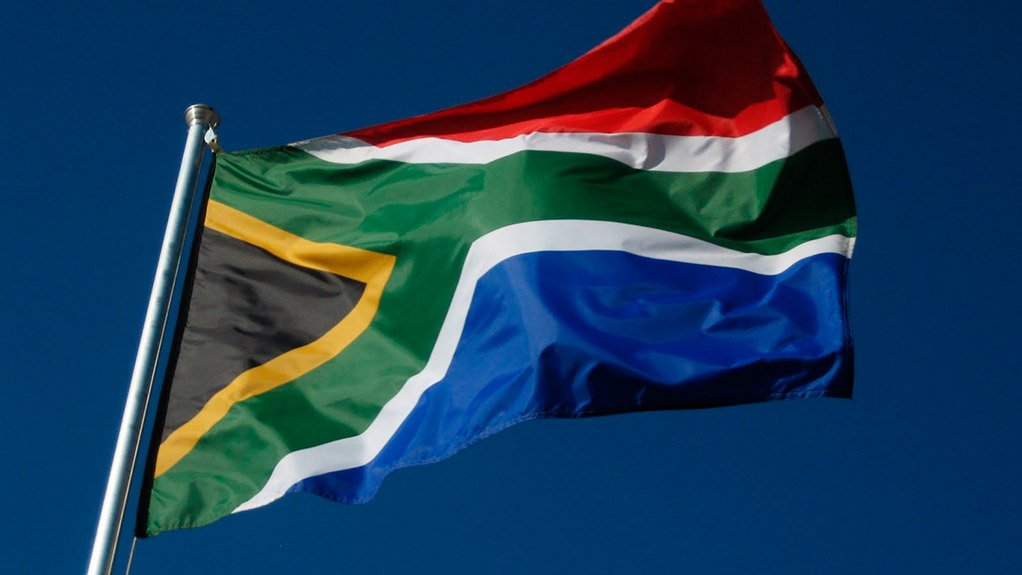In reflecting on 30 Years of Democracy in South Africa, international relations and South African foreign policy through trade, development, and the economy, are critical subjects of discussion.
International relations and foreign policy are widely acknowledged to be among the most powerful tools available for a state to pursue its national interests.
These are some of the reasons why Defend Our Democracy (DOD) identified a need to address the topic of rebooting South Africa’s foreign policy in the interest of economic development. The DOD’s nine-part interactive webinar series recently hosted journalist and author, John Matisonn, and Prof Garth Le Pere, an expert in international political economy.
Matisonn begins the discussion by quoting Turkish economist, Dani Rodrik, who argues that “we must be honest about the implications of trade, not just the economic opportunities it creates for our businesses and customers, but also the stresses it places on our social compacts”.
Yet, le Pere contextualises how “the age of globalisation has radically altered the geopolitical landscape. As a result, we have now reached a dismal convergence of geopolitical adversarial divisions”.
The globe is experiencing a global political economy marked by escalating monetary tensions, deplorable trade relations, climate change and environmental degradation and populist opposition. Therefore, to navigate through these challenging global times, Matisonn believes that South Africa should reindustrialise by developing industry, mining and agriculture.
Hence, before engaging in multilateralism, South Africa should first consider its own interests. BRICS Plus might serve as an excellent example, given that China and India are both outstanding development partners and members of the bloc. Both have perfected the skill of rapid job creation, which South Africa might benefit from.
Moreover, Matisonn made the critical point that our current exports of value-added goods such as automobiles and wine to Europe and the United States are the highest, whereas our trade with BRICS Plus countries is primarily in raw materials such as mining, which are not beneficiated. Therefore, in this setting, South Africa's foreign policy needs to resemble multidimensional chess rather than checkers.
South Africa's foreign policy should be based not only on interests, but also on values, and we must continuously test our policies against both. This is, of course, related to South Africa’s International Court of Justice (ICJ) case, which is currently making headlines and is significant to the country’s historic liberation struggle-based solidarity with the Palestinians. Bringing this matter to the ICJ is strongly aligned with South Africa’s values.
South Africa is a member of BRICS Plus and the African Continental Free Trade Area (AfCFTA) regional blocs that strongly advocate alternatives to the Dollar and creation of single market and currency.
The de-dollarisation position is beneficial to South Africa for a variety of reasons, including values and interests, but it will not have a significant impact on our local economy. Matisonn believes that free trade and a single currency are not a panacea for development.
On the other hand, le Pere believes that the AfCFTA proposal should focus on lowering tariffs and liberalising service trade.
Since AfCFTA is the world's largest market, major non-tariff barriers must be removed for intra-African trade, which is expected to increase from 15% to 30% over the next decade as implementation progresses. Furthermore, the Rules of Origin (ROO) must shield emerging countries against large players in the market process.
Furthermore, le Pere refers to the term ‘Unholy Trinity’, which simply means that emerging market countries cannot do all three things at the same time, particularly when it comes to realising the ambitions of the AfCFTA currency, which include freedom of capital flow, fixed or convertible exchange rates, and independent monetary policy.
With all of this, the question remains: is South Africa willing to surrender its respective currency for all of this?
The above rhetorical question linking geopolitical shifts influenced by BRICS Plus is a wake-up call for South African foreign policymakers to remember that their maneuvering space is shrinking, and renewed interest in South Africa is playing out against larger power shifts and changing roles.
Matisonn concluded that South Africa's regional strategies had been underperforming for some time. It must use its relative strength sensitively while also being effective. While avoiding the heavy-handed American approach to smaller countries, South Africa could play a positive role in helping neighbours get back on their feet by providing financial and technical assistance, fostering constitutionalism, and avoiding taking sides in domestic politics.
South Africa has a role to play in managing development, trade and economics in this worldwide political economy. For example, it might make a significant contribution to the formation of new norms and values governing issues that have a direct impact on Africa's development goals.
Written by Tshedza Sikhwari, a research intern at Defend our Democracy. The views reflected in this piece do not necessarily reflect the views of Defend our Democracy.
EMAIL THIS ARTICLE SAVE THIS ARTICLE ARTICLE ENQUIRY
To subscribe email subscriptions@creamermedia.co.za or click here
To advertise email advertising@creamermedia.co.za or click here











